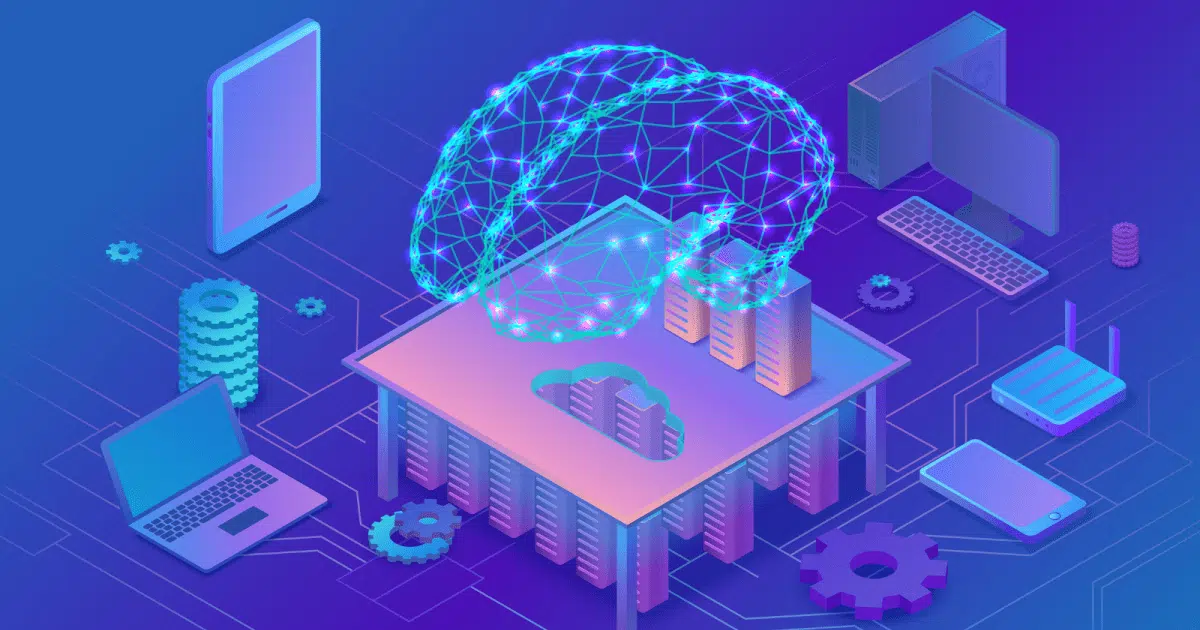Introduction
In the past decade, the field of database management has experienced a remarkable shift.
Traditionally, Database Administrators (DBAs) were responsible for manually handling everything — from query optimization and backup scheduling to performance tuning and error resolution. This process was not only time-consuming but also prone to human error.
Enter Artificial Intelligence (AI). Today, AI-powered databases are capable of handling these tasks automatically, intelligently, and more efficiently than ever before.
With AI, databases can self-monitor, self-optimize, self-heal, and even predict issues before they happen. The result? Faster operations, stronger security, and minimal downtime.
1. Automated Database Monitoring & Maintenance
AI tools continuously track database performance and detect issues before they cause downtime.
- Automatic indexing and query optimization
- Background backups and restore operations
- Load balancing during peak traffic hours
Example:
Databases like Amazon Aurora come with AI-driven self-healing capabilities.
2. Predictive Performance Optimization
AI analyzes historical usage patterns to forecast future loads.
- Auto-scaling resources before high-traffic periods
- Optimizing slow queries in advance
- Providing smart caching recommendations
3. Self-Healing Databases
AI systems can automatically fix issues as soon as they are detected.
-
Repairing corrupted tables
-
Adding missing indexes
-
Resetting faulty connections
4. AI-Powered Security & Threat Detection
AI detects unusual activity and prevents potential breaches.
-
Blocking SQL injection attempts
-
Detecting unauthorized access
-
Sending real-time intrusion alerts
5. Natural Language Querying
AI-powered databases allow users to query data without knowing SQL.
- “Show last month’s sales” → AI converts it into SQL
- Makes data analysis easier for non-technical users
6. Data Cleaning & Organization
AI identifies and fixes duplicate, incomplete, or irrelevant data automatically.
- Data classification
- Tagging & categorization
- Accurate, error-free reporting
7. Smart Backup & Recovery
AI-powered databases ensure that backups are taken at the right time, without affecting performance. Instead of relying on fixed schedules, AI analyzes usage patterns and chooses optimal backup windows. This minimizes downtime and prevents disruptions during peak business hours. In case of a failure, AI can instantly restore data from the most recent backup, ensuring minimal data loss and faster disaster recovery.
8. Real-Time Alerts
With AI-based monitoring, databases can send instant alerts whenever unusual activity or performance drops are detected. These alerts can notify DBAs via email, SMS, or collaboration tools like Slack. For example, if there’s a sudden spike in failed queries or suspicious login attempts, AI can flag the issue in real time. This allows teams to take immediate action before problems escalate.
9. Cost Optimization
AI can help organizations save money by monitoring resource usage and recommending cost-effective configurations. It can detect underutilized storage, optimize cloud database instances, and prevent over-provisioning. For cloud-based databases like AWS RDS or Azure SQL, AI can even suggest scaling down unused resources, reducing overall operational costs without sacrificing performance.



